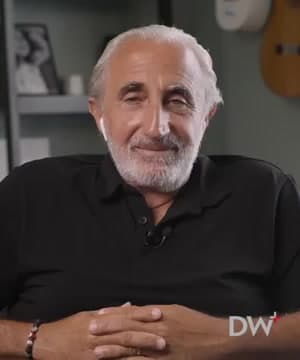Truth and rationality
Sources:
Truth and rationality are deeply interconnected yet complex concepts, often marked by the limitations and aspirations of human cognition.
is an aspiration and not a certainty. Even though we strive to be rational, no one can claim to have a monopoly on truth or rationality. These are standards we aim for but do not fully achieve due to human imperfections 1. Shermer highlights how scientific reasoning and empirical evidence can help us determine truth, not just in fringe claims but in broader moral and ethical questions. He notes that the threat to rationality has shifted from religious influence to more modern challenges like identity politics and conspiracy theories 2. Harris and Paul Bloom discuss how beliefs, including conspiracy theories, can seem rational within certain social contexts. People often believe in ideas not because they are true but because it helps them fit into their community 3.Pinker and Scott Kaufman explore the philosophical concept of truth, describing it as justified, true belief. They emphasize that our commitment to truth is foundational to meaningful communication and rational thought 4. idea that rational discussions can solve all cultural disputes is challenged by Stephen West. He argues that values deeply rooted in different cultural or religious beliefs may not be reconciled purely through rational discourse. Instead, empathy and tolerance are crucial for addressing cultural differences 5. Saad underscores the existence of universal truths that are invariant to time or place, discovered through empirical and mathematical means. He discusses how to build robust arguments for these truths using comprehensive evidence from multiple sources and contexts 6.In summary, truth and rationality require not only the pursuit of objective standards and empirical evidence but also an understanding of human social contexts and limitations.
RELATED QUESTIONS



